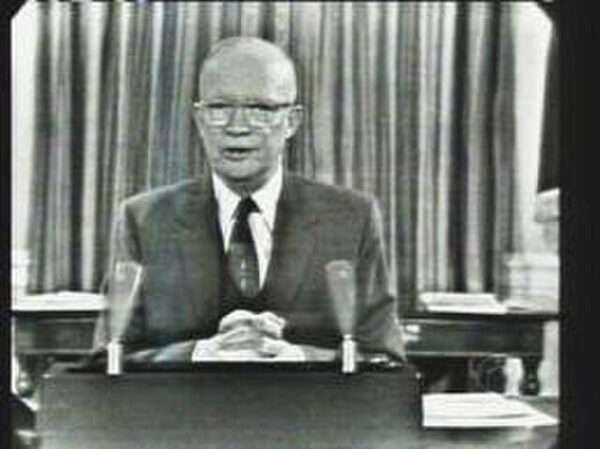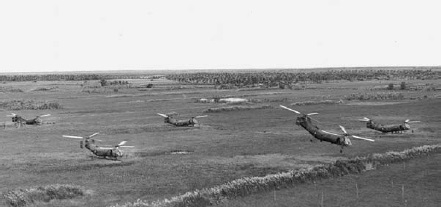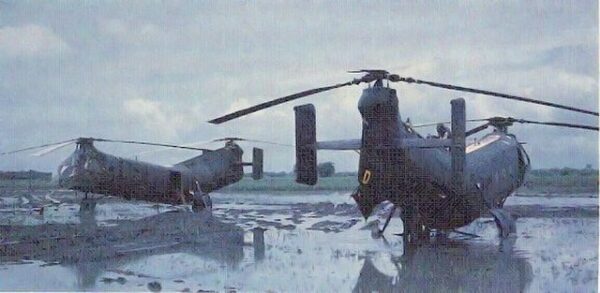On this day in history, February 10, 1954, President Dwight D. Eisenhower issued a cautionary warning against direct U.S. military intervention in Vietnam. At the time, the French were struggling to maintain their colonial control over Indochina, facing fierce resistance from the communist Viet Minh. Some voices in Washington urged Eisenhower to send American forces to assist, but despite his firm anti-communist stance, he remained deeply skeptical about committing the United States to what he saw as a dangerous and potentially unwinnable war.
Eisenhower’s reluctance was shaped by his military experience and strategic foresight. Having served as Supreme Allied Commander during World War II, he understood the complexities of ground wars and the risks of engaging in conflicts without clear objectives or strong international support. He had seen how the Korean War devolved into a costly, prolonged struggle and feared that Vietnam could become an even greater entanglement. While committed to containing communism, he believed that direct U.S. involvement would come with unacceptable costs.
Instead of sending combat troops, Eisenhower chose a policy of indirect support. His administration provided economic aid, military equipment, and advisors to assist both the French and, later, the anti-communist government in South Vietnam. He also sought international backing, favoring collective security over unilateral military action. His stance aligned with his broader Cold War doctrine, including the “domino theory,” which warned that if one nation fell to communism, others would follow. However, he recognized the risk of an indefinite military commitment draining American resources and political will.
Eisenhower’s warning on February 10 reflected his belief that American military power, though formidable, was not limitless. He feared that an open-ended war in Vietnam could weaken U.S. influence elsewhere and erode domestic support for Cold War policies. His restraint stood in contrast to later decisions by Presidents John F. Kennedy and Lyndon B. Johnson, who escalated U.S. involvement in Vietnam significantly.
Despite Eisenhower’s caution, his policies helped lay the foundation for deeper American entanglement. By supporting South Vietnam’s anti-communist leadership, his administration ensured that the U.S. remained invested in the conflict. While he avoided sending troops, the seeds of future escalation were planted under his watch.
Looking back, Eisenhower’s warning was a foresightful recognition of the dangers of military overreach. His understanding of global power dynamics led him to resist hasty intervention, a prudence that later administrations would abandon. His cautionary words from February 10, 1954, remain a powerful reminder of the risks of military action without clear strategic objectives—an enduring lesson in American foreign policy.






